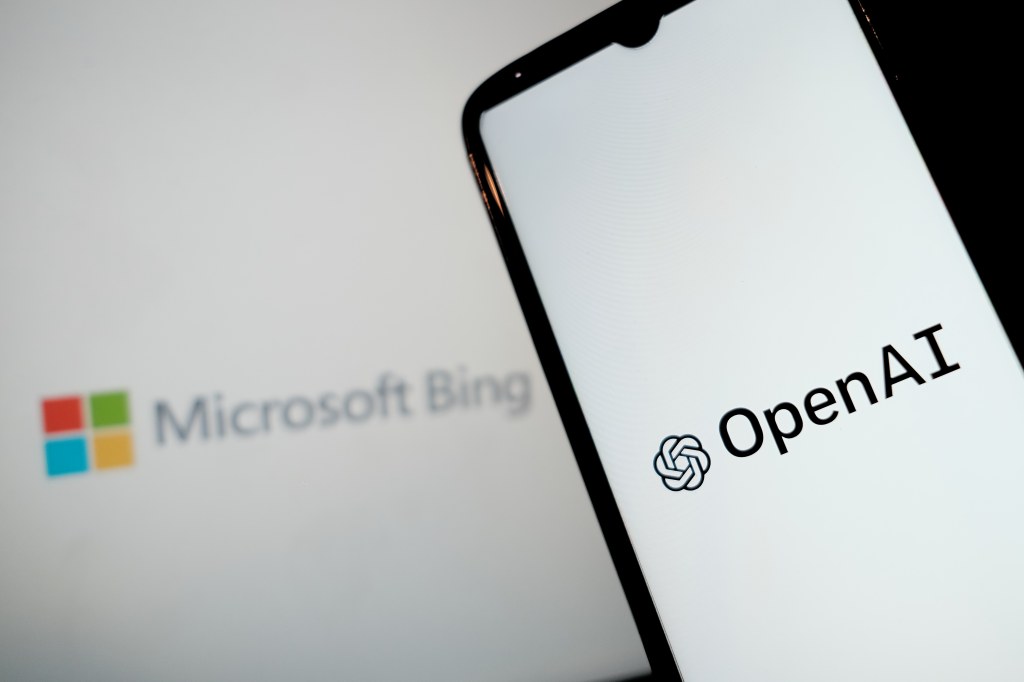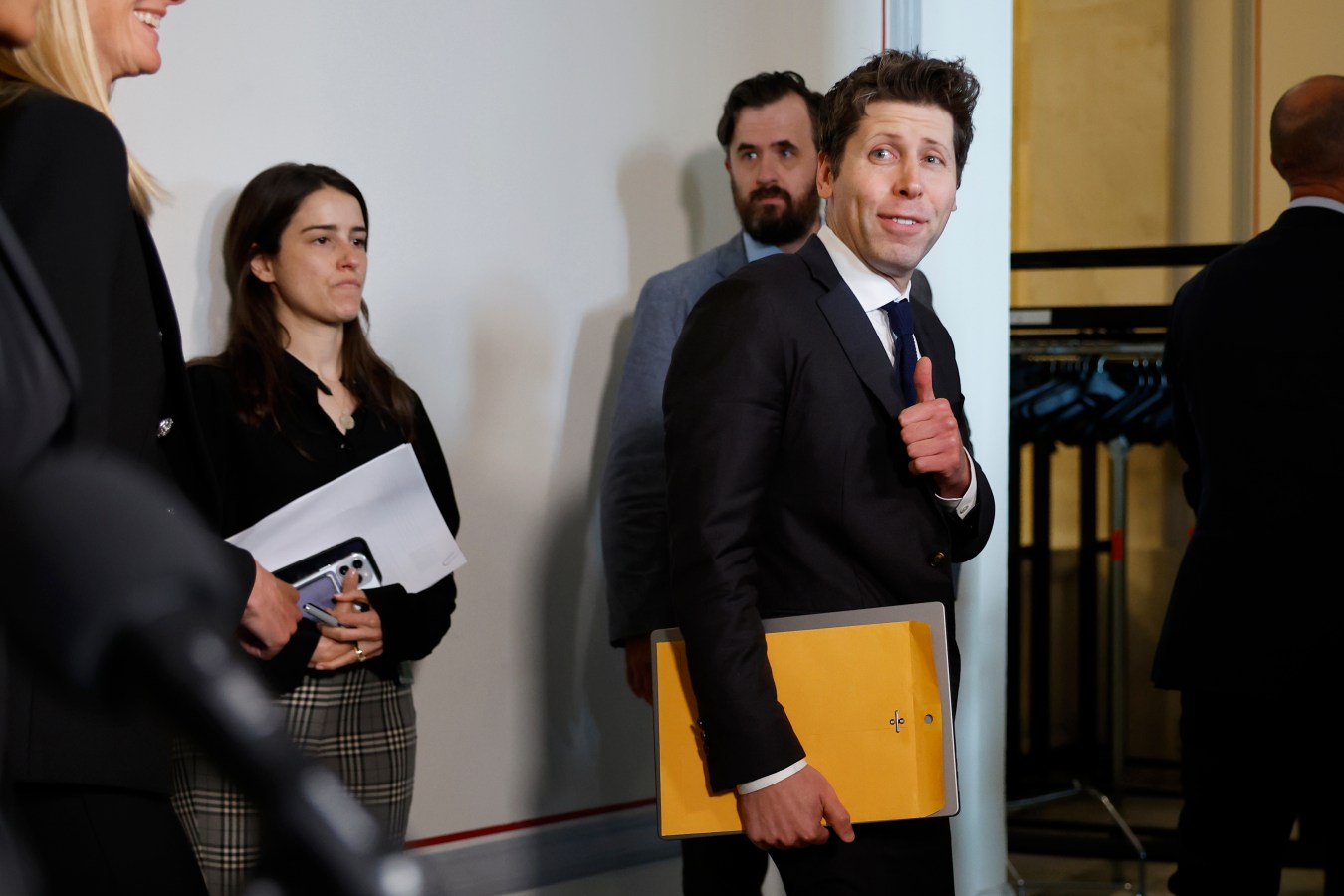A new class action lawsuit was filed against OpenAI and Microsoft on Tuesday, alleging that the companies have trained AI chatbot ChatGPT and its later versions on copyrighted materials from nonfiction authors’ works and academic journals without their consent.

The lawsuit comes as OpenAI is in a state of turmoil, with its former CEO Sam Altman’s abrupt ouster and some 750 employees threatening to leave the company if Altman isn’t reinstated. The company’s investors are also considering suing OpenAI’s board of directors over the unraveling of events at the AI behemoth, according to a Reuters report.
The lead plaintiff of the lawsuit is Julian Sancton, the New York Times-bestselling author of Madhouse at the End of the Earth: The Belgica’s Journey Into the Dark Antarctic. Sancton spent five years and tens of thousands of dollars traveling around the world to complete the research for the book, the lawsuit states. In response to a prompt, ChatGPT confirmed that Sancton’s book was a part of the dataset that was used to train the chatbot, according to the lawsuit filed by law firm Susman Godfrey LLP.
Sancton and thousands of other writers did not consent nor were compensated for the use of their intellectual property in the training of the AI, the lawsuit notes. Their complaint also highlights that Microsoft and OpenAI have commercialized their AI models, making billions of dollars in revenue through products like BingChat and ChatGPT Enterprise.
“Nonfiction authors often spend years conceiving, researching, and writing their creations. While OpenAI and Microsoft refuse to pay nonfiction authors, their AI platform is worth a fortune. The basis of the OpenAI platform is nothing less than the rampant theft of copyrighted works,” the lawsuit states.
This is yet another copyright-related lawsuit that OpenAI and Microsoft are currently facing. In September, famous literary figures like screenwriter Michael Chabon, journalist Rachel Louise Synder, fiction writer Matthew Klam and others filed a similar lawsuit against OpenAI for copyright infringement. In the past year, the company has also been sued by artists and creators for ingesting their works to train various AI systems to generate new types of content. However, this lawsuit is different from others in that it’s the first class action lawsuit related to ChatGPT that cites Microsoft as a defendant.
“Defendants’ models were calibrated (or “trained”) by reproducing a massive corpus of copyrighted material including, tens or hundreds of thousands of nonfiction books,” the lawsuit reads.
In response to previous similar copyright allegations, OpenAI has said that the content generated by ChatGPT does not constitute a “derivative work” and therefore doesn’t constitute a copyright infringement. Microsoft did not immediately respond to Forbes’ request for comment and OpenAI declined to comment on pending litigation.


